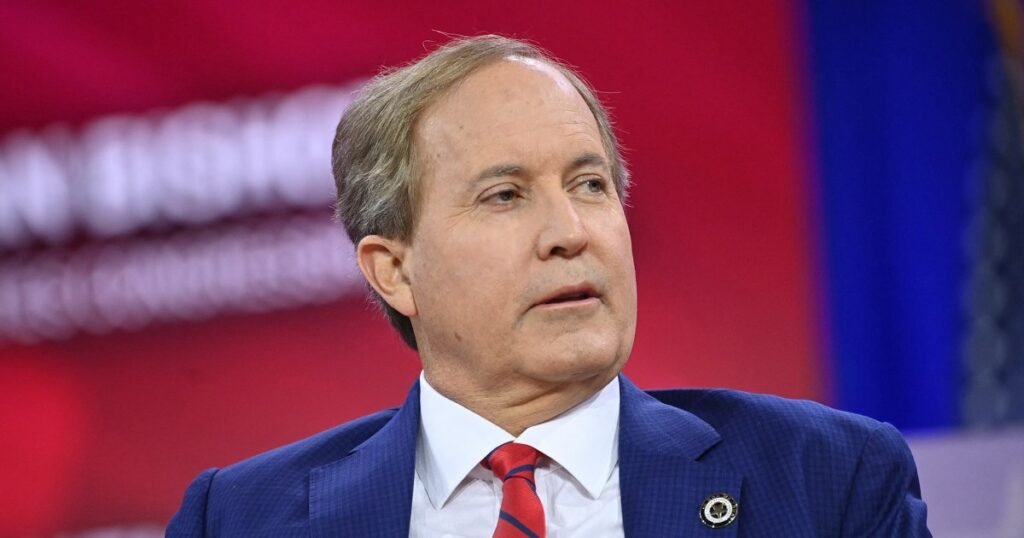Texas Attorney General Ken Paxton on Thursday charged a Dallas doctor with providing transition-related care to nearly 20 minors in violation of state law.
Paxton alleged that Dr. Mei Chee Lau, who specializes in adolescent medicine, provided hormone replacement therapy to 21 minors for the purpose of gender reassignment from October 2023 to August 2023. In 2023, Texas enacted Senate Bill 14, a law that bans hormone replacement therapy and other forms of gender-affirming care for minors.
“Texas passed legislation to protect children from dangerous, unscientific medical interventions that have irreversible and harmful effects,” Paxton said in a statement Thursday. “Doctors who continue to offer these harmful ‘sex-changing’ drugs and treatments will be prosecuted to the fullest extent of the law.”
A statement released by Paxton’s office alleges that Lau used “false diagnosis and billing codes” to hide “illegal prescriptions.”
Neither Lau nor her employer, the University of Texas Southwestern Medical Center, immediately responded to requests for comment.
If Lau is found to have violated the law, he could lose his medical license and be fined hundreds of thousands of dollars.
Mr. Paxton’s case is the first in the United States brought by an attorney general against a private physician for allegedly violating restrictions on care related to the transition of a minor.
So far, several attorneys general, including Mr. Paxton, have subpoenaed hospitals and clinics that provide such care to minors to turn over records of these patients. According to the LGBTQ think tank Movement Advancement Project, 26 states have banned at least some gender-affirming care for minors.
Gov. Greg Abbott signed Texas’ restrictions on transition-related care in June 2023, but they were initially blocked by courts following lawsuits by families and doctors. In September 2023, the Texas Supreme Court allowed the law to take effect pending an appeal from the state, and in June of this year, it vacated and canceled an earlier injunction, allowing the law to stand.

